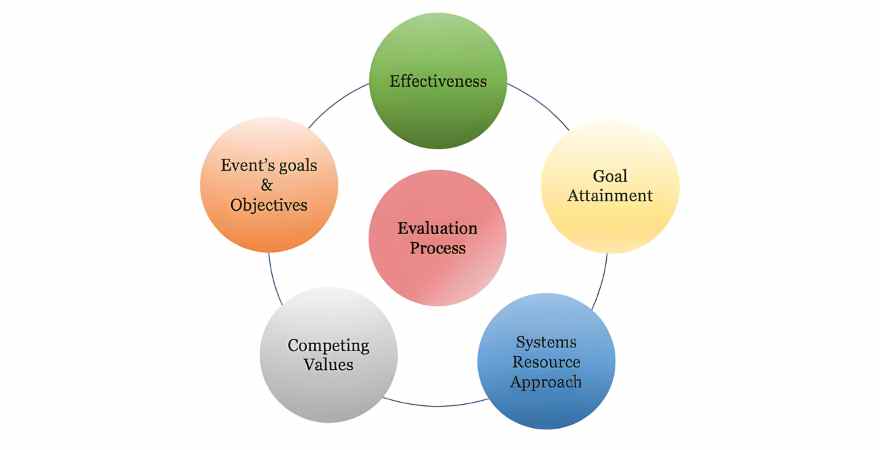Creating an event that resonates with your audience and achieves its goals is a commendable feat. However, the true measure of an event’s success lies in a thorough evaluation of its outcomes. Whether you’re hosting a corporate seminar, a community workshop, or a grand conference, understanding how to assess the impact of your event is crucial. This guide will walk you through the key steps to evaluate the success and outcomes of your event, ensuring that every gathering you host is a stepping stone towards greater achievements.
Establish Clear Objectives
The first step in any event evaluation process is to define clear, measurable objectives. Whether it’s enhancing brand visibility, generating leads, or providing educational content, having specific goals will guide your evaluation criteria. These objectives should align with your overall business or organizational strategy, providing a north star for assessing your event’s effectiveness.
Quantitative Analysis: The Numbers Tell a Story
Quantitative data offers a straightforward, numbers-based look at your event’s performance. Key metrics include attendee numbers, engagement rates during the event (such as poll participation or Q&A sessions), and post-event actions (like website visits or product purchases). Additionally, financial metrics such as return on investment (ROI) and cost per acquisition (CPA) are crucial for understanding the economic impact of your event.
Qualitative Insights: The Value of Feedback
While numbers provide a solid foundation for evaluation, the qualitative feedback from participants offers invaluable insights into the event experience. Post-event surveys, direct feedback, and social media mentions can reveal attendees’ perceptions, the quality of content delivered, and areas for improvement. This feedback is essential for understanding the subjective success of your event from the participants’ perspective.
Technological Tools and Analytics
Leveraging technology can significantly streamline the evaluation process. Analytics platforms and event management software can track key metrics in real-time, offering a dashboard view of your event’s performance. These tools can measure engagement levels, participant behavior, and content interaction, providing a comprehensive overview of your event’s impact.
Long-term Impact: Beyond Immediate Outcomes
While immediate metrics and feedback are valuable, assessing the long-term impact of your event is equally important. This involves tracking ongoing engagement with your brand, repeat attendance at future events, and sustained interest in your products or services. Long-term metrics can offer insights into the lasting value your event brings to your community or customer base.
Actionable Strategies for Improvement
The ultimate goal of evaluating your event is to gather insights that inform future planning. Identify patterns or recurring feedback that point to strengths and areas for enhancement. Use this data to refine your event strategy, improve participant engagement, and achieve greater alignment with your organizational goals.
Conclusion
Evaluating the success and outcomes of an event is a multifaceted process that encompasses both quantitative analysis and qualitative insights. By establishing clear objectives, leveraging technological tools, and focusing on both immediate and long-term impacts, organizers can gain a deep understanding of their event’s effectiveness. This continuous cycle of feedback and improvement is crucial for hosting events that resonate with audiences and deliver on their intended objectives. Remember, the success of an event is not just in the numbers. It’s in the lasting impressions and outcomes that benefit both the organizers and the participants.






